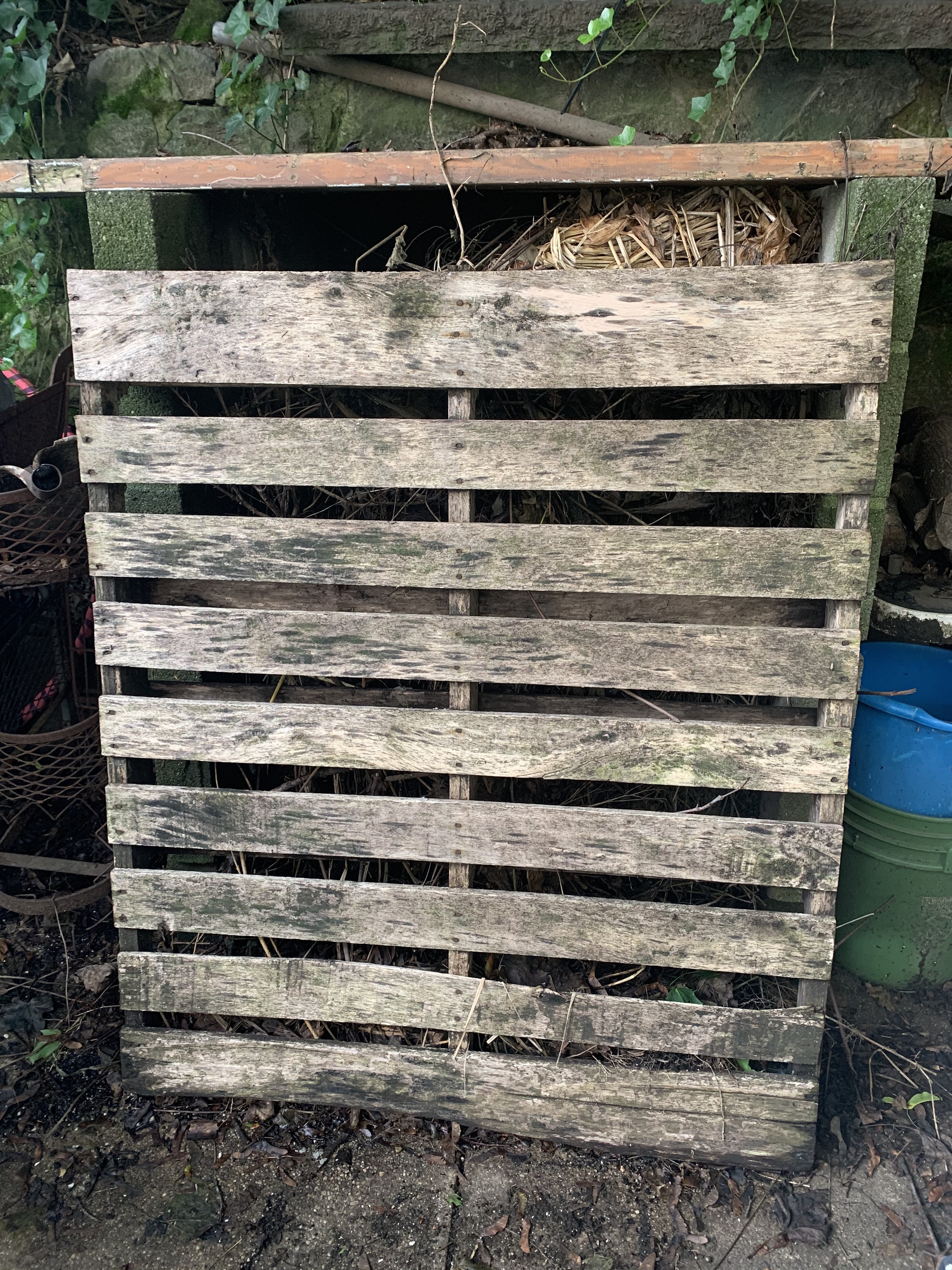
- Identify the elements of a compost pile.
- Identify some of the ways that composting supports plant growth.
-
This lesson is a part of a four-part series on the practices of organic farming, which includes soil investigations, cover crops, and tillage and cultivation.
-
Take some time to read the definitions of the two key terms we will be learning today to familiarize yourself or the class with keywords that will be covered in the lesson.
-
This lesson encourages you to make a compost pile in your garden. It’s important when building compost piles to have done your research on which method is best to ensure your compost pile can effectively breakdown and not attract unwanted pests. Check out our resource section for some helpful resources on garden compost systems. In particular, check out this resource we found from Santa Barbara County Public Works on Backyard Composting.
-
The “READ” sections of this lesson plan can be used as talking points or a script to introduce activities. Please note, these sections simply provide brief introductions to the topics. We recommend using your experiences to add more information and context to the topics being covered.
-
If teaching asynchronously or assigning the lesson plan as homework, for the sections that instruct students to READ, consider recording yourself reading the sections aloud and sending the recording to students. This adaptation offers a helpful strategy for differentiating learning that supports all students, especially English Language Learners.
-
The “THINK or DISCUSS” sections of the activities provide some great prompts for informal conversations. Consider asking your students these questions as they are gardening. You could also create a “question board” with the different questions and have students informally choose different questions to answer while they garden.
-
Optional—as an added activity you could create a public space where students can share the things they notice during each of the rotations. This could take the form of a board with chart paper and markers where students can write down their answers to the questions labeled “NOTICE.” This extra activity supports students to glean observations from their classmates and learn from one another.
-
For more information on the practices of organic farming, see the Center for Agroecology and Sustainable Food Systems curriculum on Organic Farming and Gardening Skills.
-
This lesson is part of Edible Schoolyard Project’s Understanding Organic curriculum and is the fourth lesson in the “core lessons” of the curriculum.




